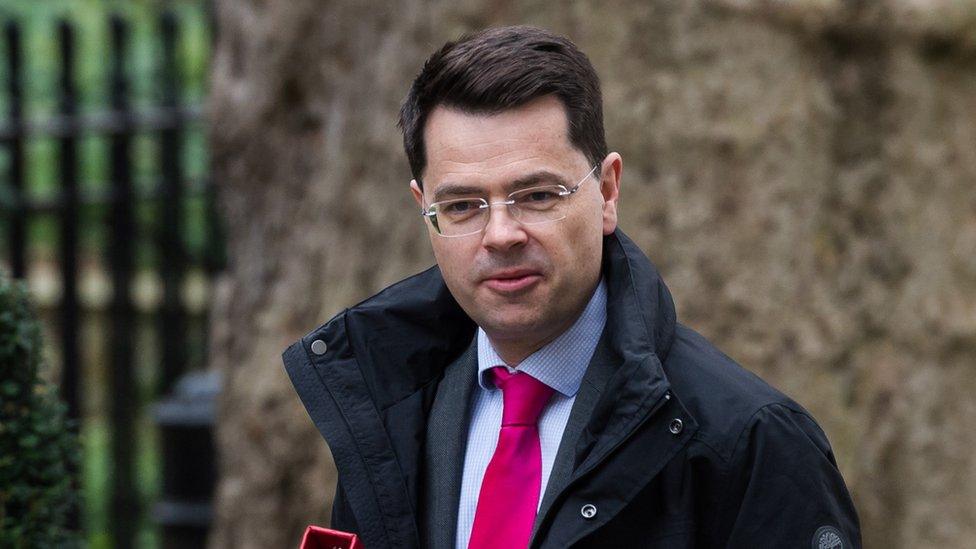James Brokenshire: Wife calls for better lung cancer care
- Published
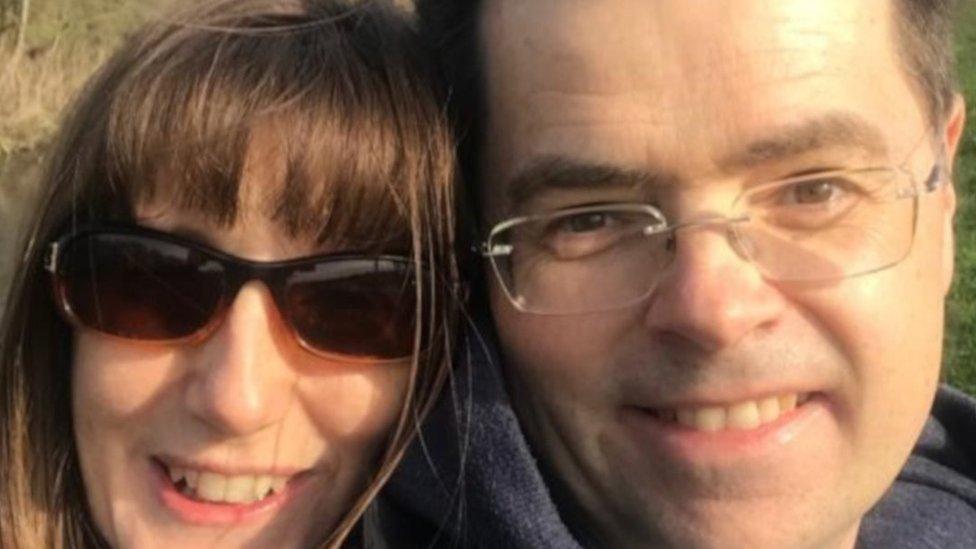
Cathy and James Brokenshire said she misses her husband on a daily basis
The widow of Tory MP James Brokenshire, who died from lung cancer, has called for a national screening programme for the disease to improve survival rates.
Cathy Brokenshire, speaking after the Old Bexley and Sidcup MP died aged 53, said she wanted others to avoid the same fate.
The ex-government minister died in October after being admitted to hospital when his condition worsened.
His widow said she hoped she could "bring some positivity" from his death.
About 47,000 people are diagnosed with the condition every year, according to the NHS.
But because lung cancer does not usually cause noticeable symptoms until it has spread through the lungs or into other areas, it means the outlook for the condition is not as good as many other types of cancer.
Mrs Brokenshire said: "We've got three kids and I can either sit and cry my eyes out... or I can try and bring some positivity from what has happened to us as a family and help promote the cause."
She said she wants to help break down the stigma around lung cancer, with many people incorrectly believing it is only caused by smoking.
She said: "People's natural assumption is, 'well they brought it on themselves because they smoked, everybody knows not to smoke'.
"But that clearly isn't how it happened to him."
Her husband, who served as Northern Ireland secretary and security minister, did not smoke before being diagnosed with the disease after coughing up a small amount of blood in 2017.
But after surgery to remove part of his right lung and appearing to make a full recovery, the cancer returned and later spread to other parts of his body.
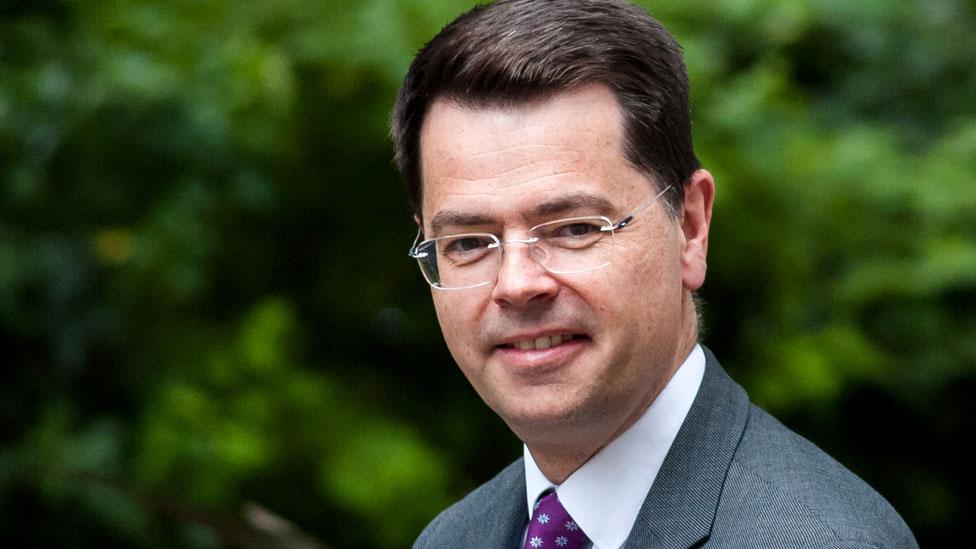
Mr Brokenshire was a vocal advocate for better lung cancer screening
Working with the Roy Castle Lung Cancer Foundation, she said she wanted to help lung cancer services get back on track following the pandemic.
She said: "Early diagnosis is key.
"And raising awareness so things don't get ignored and people go to their GPs and get these things looked at."
Related topics
- Published21 October 2021
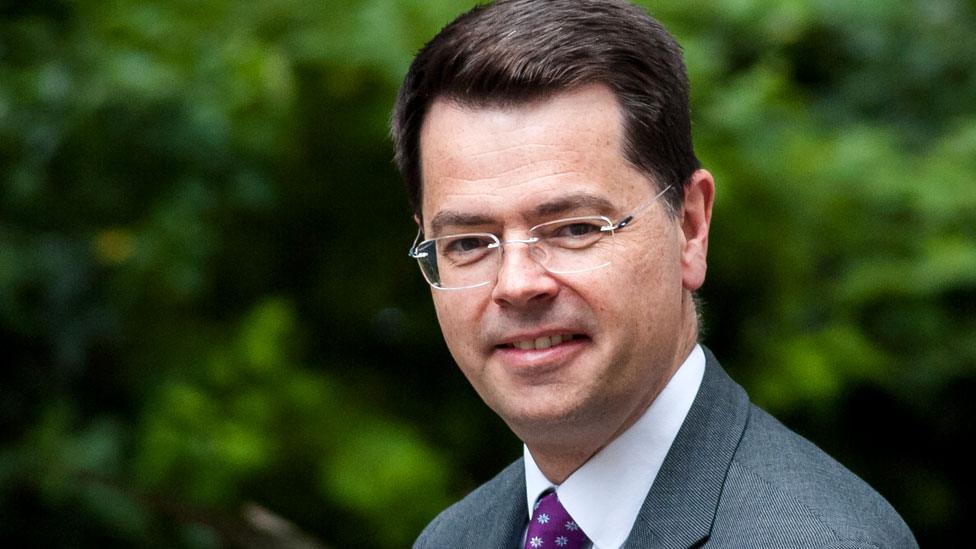
- Published8 October 2021
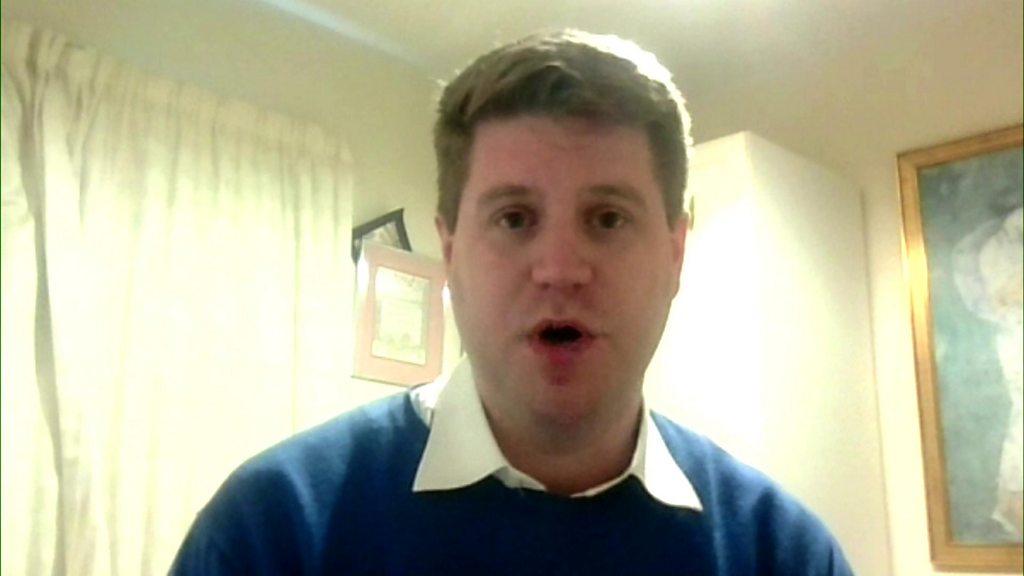
- Published8 October 2021

- Published31 August 2021
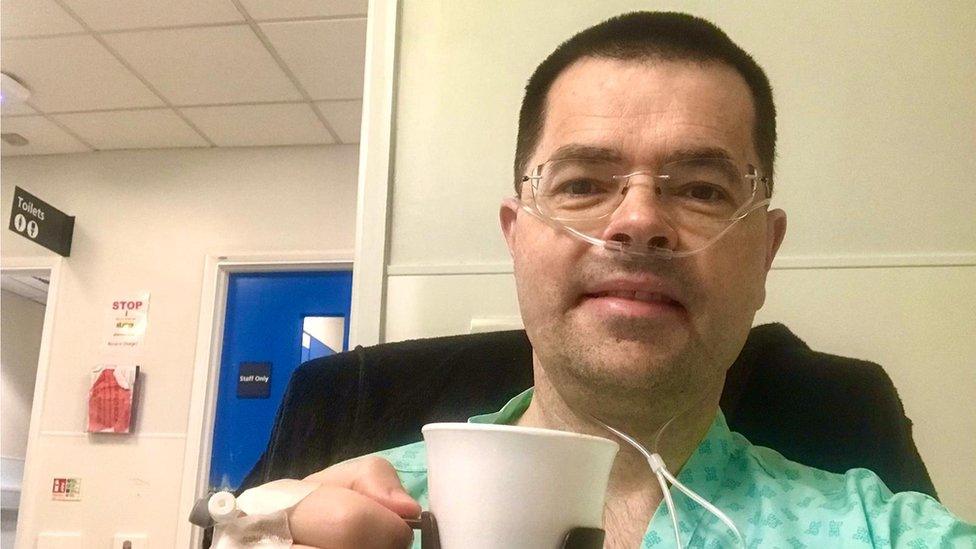
- Published7 July 2021
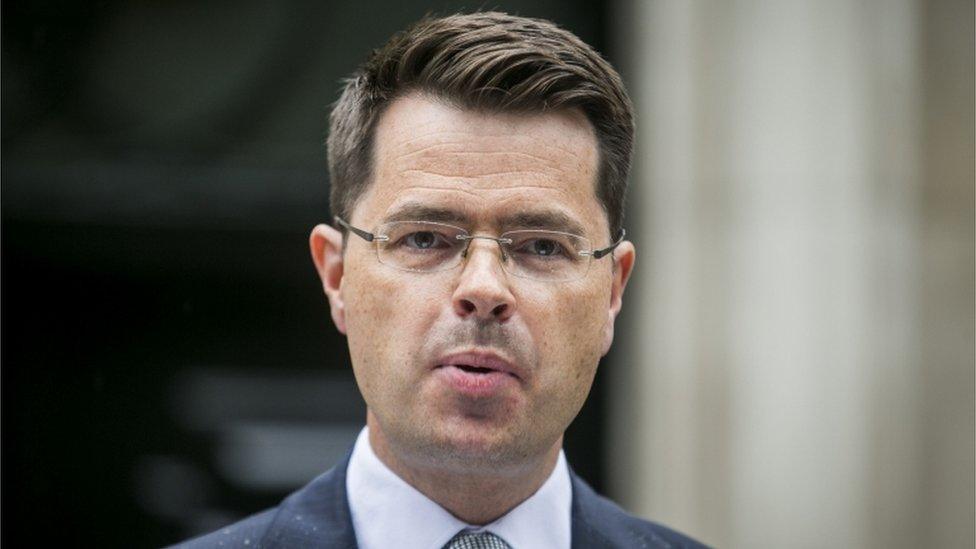
- Published11 January 2021
